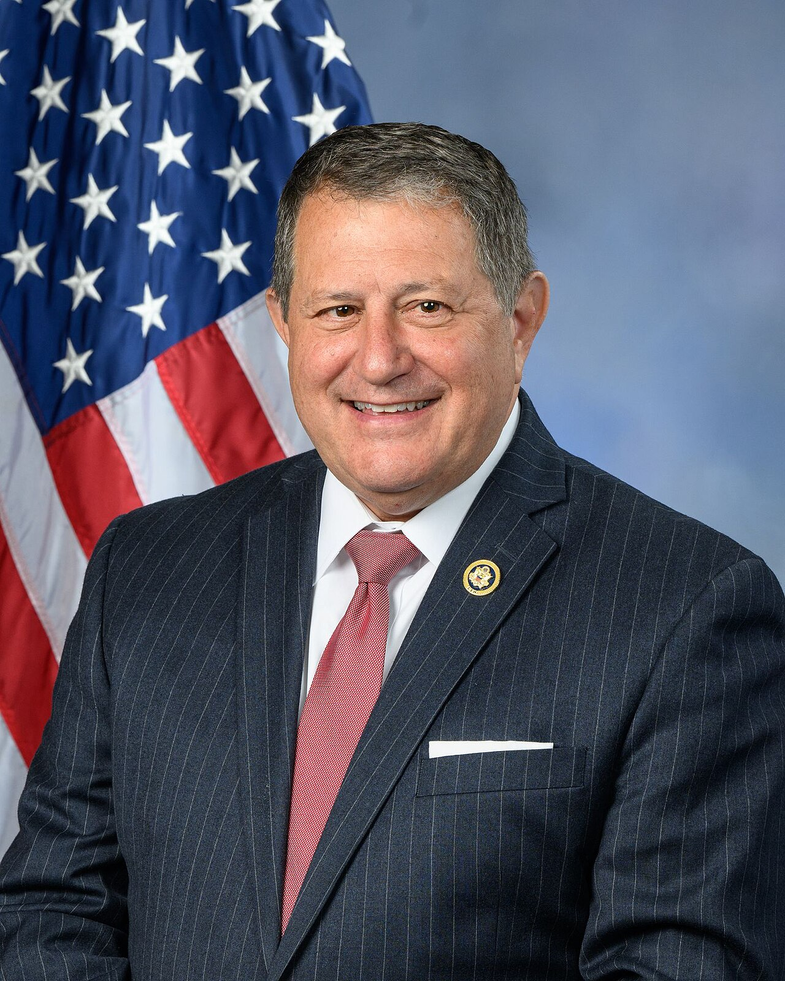H.R. 3250: Developing and Advancing Innovative Learning Models
This bill, titled the "Developing and Advancing Innovative Learning Models," aims to create a grant program focused on supporting the development and research of innovative learning models in the United States. Below are the key aspects of the bill:
Purpose and Goals
- To enable the Department of Education, particularly the Institute for Education Sciences, to enhance knowledge about innovative learning models and promote their adoption.
- To invest in the development of innovative learning models and enhance the capabilities of organizations that provide these models.
- To encourage adoption by various educational bodies including States, local school districts, and schools.
Definitions
- Innovative Learning Model: A comprehensive educational program that includes tools, resources, and instructional practices designed to improve student learning.
- Evidence-based: Refers to innovative models backed by solid research demonstrating their effectiveness in improving student outcomes.
- Innovative Learning Model Provider: An organization that designs these models and collaborates with schools for implementation.
Grant Program Structure
- The bill establishes a competitive grant program for eligible entities to develop and research innovative learning models.
- Grants will be awarded in several phases:
- Early-phase grants: For developing and testing innovative models.
- Mid-phase grants: For implementing models that have shown promise.
- Expansion grants: For widely replicating successful models.
Eligibility and Application
- Eligible entities include organizations that design innovative learning models and collaborate with school communities.
- Interested entities must submit detailed grant applications outlining their proposals.
Oversight and Standards
- The bill mandates a peer review process for grant applications to ensure quality and relevance.
- It emphasizes the need for all activities funded under the grants to be objective and free of bias.
State and Local Support
- States are authorized to allocate funds and subgrants to local educational agencies to foster the adoption of innovative learning models.
- State agencies must submit plans detailing how they will utilize such funds effectively.
Reporting and Evaluation
- Grantees are required to submit periodic reports summarizing their activities and the impacts of the innovative learning models on student outcomes.
- The Department of Education is tasked with conducting evaluations of programs and sharing results with Congress and the public.
Fund Allocation
- The bill authorizes necessary appropriations for the program from fiscal years 2026 through 2035, with specific reservations for evaluation and technical assistance costs.
Duration of Grants
- Grants can be awarded for a duration of up to six years, depending on the specific objectives and phases of the projects funded.
Supplementary Provisions
- Funds from these grants must supplement existing federal or state funding for educational activities and not replace it.
- The bill ensures grant recipients have the autonomy to develop and implement their learning models without undue federal influence.
Relevant Companies
- None found
This is an AI-generated summary of the bill text. There may be mistakes.
Show More
Sponsors
1 sponsor
Actions
2 actions
| Date | Action |
|---|---|
| May. 07, 2025 | Introduced in House |
| May. 07, 2025 | Referred to the House Committee on Education and Workforce. |
Corporate Lobbying
0 companies lobbying
None found.
* Note that there can be significant delays in lobbying disclosures, and our data may be incomplete.
Potentially Relevant Congressional Stock Trades
No relevant congressional stock trades found.
